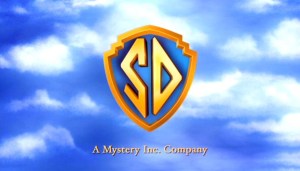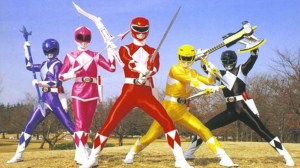After weeks of reports that Elon Musk was attempting to buy Twitter, the deal has officially been secured, per The Hollywood Reporter. Musk has claimed that the reason he wanted to secure Twitter was in hopes of maintaining freedom of communication among its users, though it’s currently unclear what could change about the platform in the coming weeks and months. The deal is reportedly worth $44 billion, with Musk having shared today, “Free speech is the bedrock of a functioning democracy, and Twitter is the digital town square where matters vital to the future of humanity are debated.”
Videos by ComicBook.com
“I also want to make Twitter better than ever by enhancing the product with new features, making the algorithms open source to increase trust, defeating the spam bots, and authenticating all humans,” the Tesla and SpaceX CEO shared. “Twitter has tremendous potential – I look forward to working with the company and the community of users to unlock it.”
“The Twitter Board conducted a thoughtful and comprehensive process to assess Elon’s proposal with a deliberate focus on value, certainty, and financing,” Twitter’s independent board chair Bret Taylor, shared in a statement. “The proposed transaction will deliver a substantial cash premium, and we believe it is the best path forward for Twitter’s stockholders.”
Musk has suggested that he plans to take the social media giant private so that he can more closely align its abuse policies with his political agenda. The offer was reported to the Securities and Exchange Comission just days after Musk announced that he would not attempt to join Twitter’s Board of Directors due to a background check he was going to be subjected to. Citing Musk’s history of incendiary comments and performative behavior, Twitter users had expressed concern when he bought into the company.
“I invested in Twitter as I believe in its potential to be the platform for free speech around the globe, and I believe free speech is a societal imperative for a functioning democracy,” Musk wrote in a filing with the Securities and Exchange Committee, which oversees stock transactions. (via AP). “However, since making my investment I now realize the company will neither thrive nor serve this societal imperative in its current form. Twitter needs to be transformed as a private company.”
Musk’s comments sound fairly apolitical on their face, but align closely with right-wing politicians and activists, who routinely claim that rules against hate speech and misinformation unfairly target conservatives. Numerous attempts have been made to create exclusively right-wing social media spaces as a result, with mixed success.
One of Musk’s controversies is his public criticism of vaccination, and attempts to downplay the COVID-19 pandemic. During the pandemic, Twitter added a special category for reporting of abusive tweets, which allowed users to report public health misinformation specifically. Twitter was seen as trying to get out ahead of the kind of scandals that have plagued rival Facebook, where misinformation and propaganda has gone unpoliced for years, and former employees have begun speaking out about their experiences trying to improve the customer experience and being stymied.








